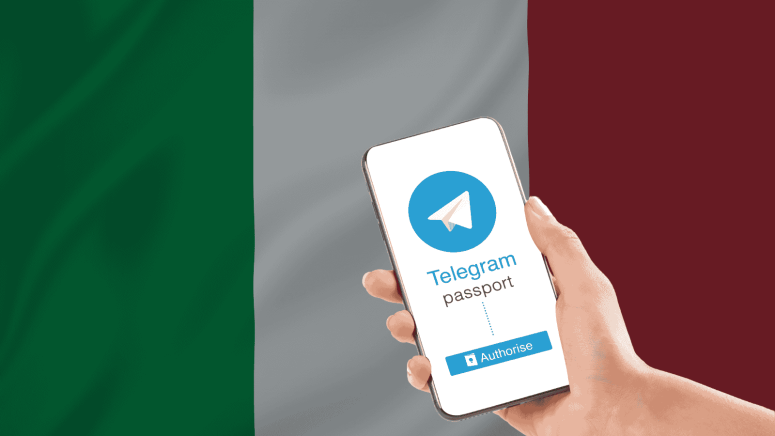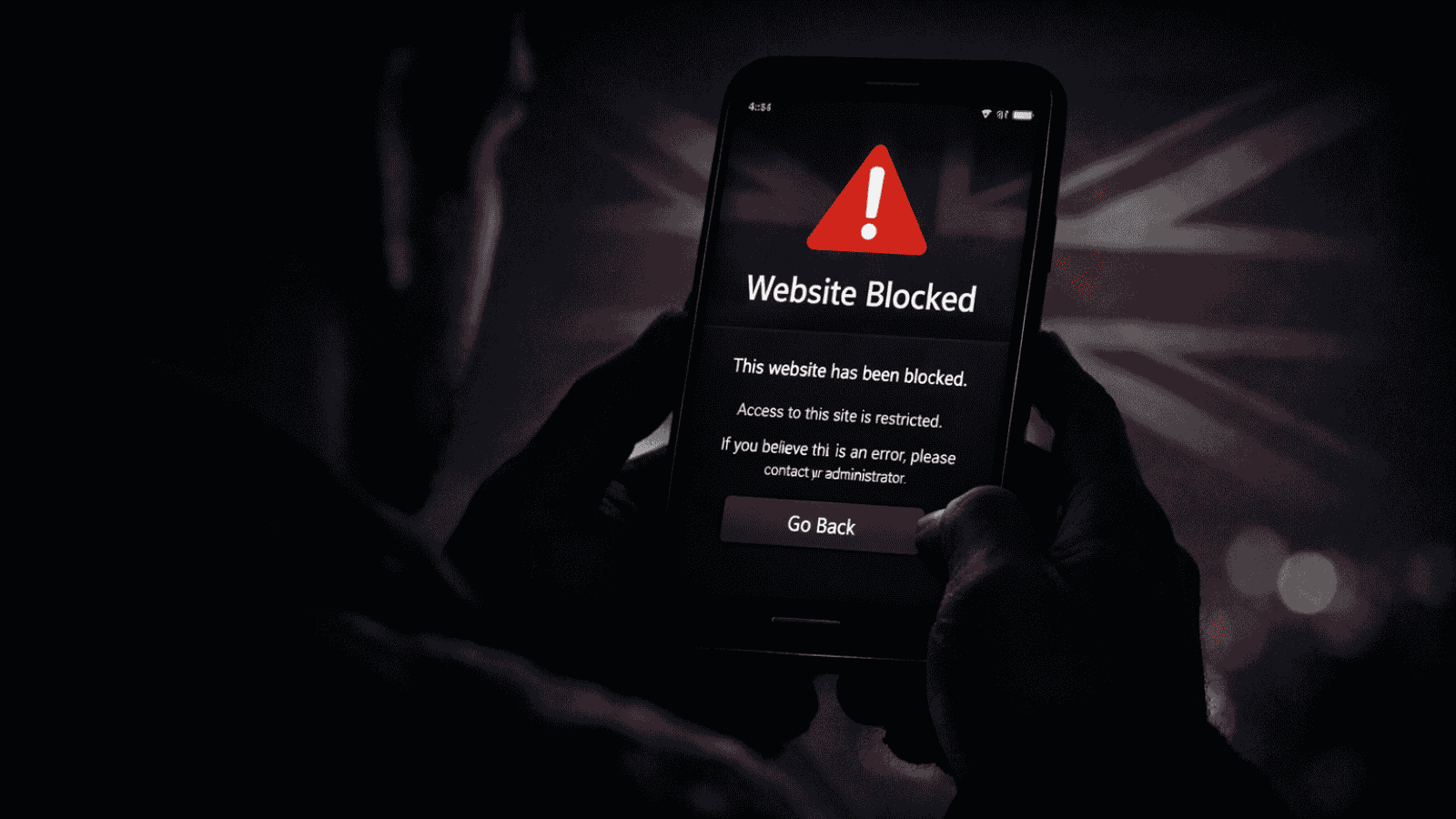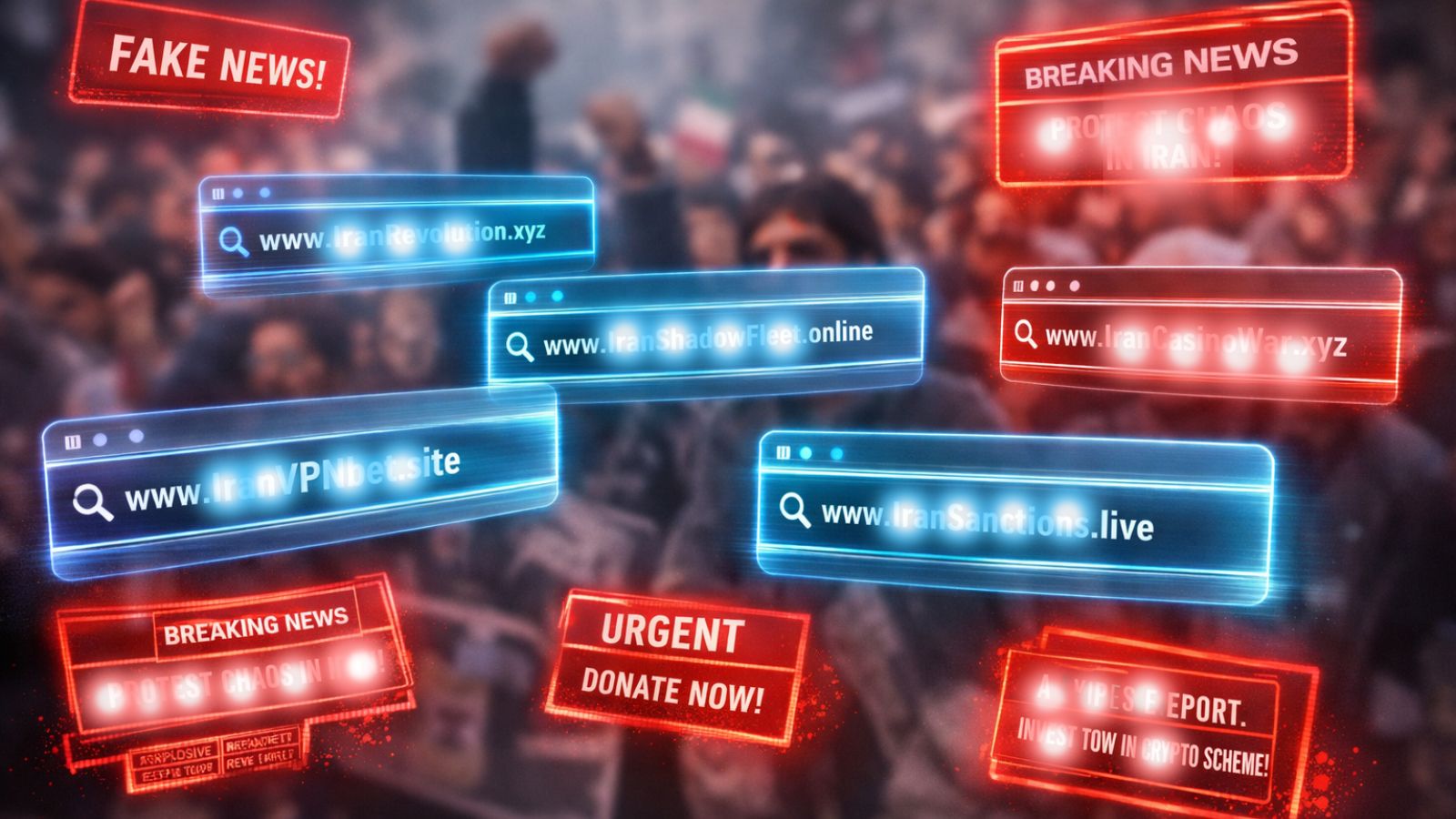
VPN Industry Accused of Blocking Telegram’s Return in Iran as 7-Year Ban Continues
- Accusation: Lawmakers claim Iran’s “VPN mafia” profits from keeping Telegram blocked since 2018.
- Impact: Around 90% of Iranians rely on VPNs amid strict internet censorship laws.
- Future: Talks to lift the ban face hurdles due to privacy and government control demands.
Telegram remains restricted in Iran despite reports suggesting that the government was preparing to lift the ban. Lawmakers now claim that financial interests tied to the country’s booming VPN market are preventing progress.
What’s Happening
An Iranian lawmaker has accused the so-called “VPN mafia” of influencing efforts to keep Telegram restricted.
As reported by Iran International, Mostafa Pourdehghan, Secretary of the Parliament’s Industries and Mines Committee, said VPN sellers profit heavily from the ongoing internet filtering system.
“The financial turnover of VPNs is about 50 trillion tomans (around $450 million), and beneficiaries hide behind sacred slogans such as national security to profit from continued filtering,” Pourdehghan said.
He added that some officials from the Communications Ministry had informally suggested Telegram might be unblocked soon, but vested economic interests are creating resistance. A parliamentary inquiry has been launched to investigate who benefits from maintaining the ban.
Background: Telegram’s Ban in Iran
Telegram, once Iran’s most widely used messaging app, was first restricted in 2017 and fully blocked in May 2018 on national security grounds amid widespread protests. Since then, citizens have relied on VPNs to access the platform.
In December 2024, Iran lifted restrictions on WhatsApp and Google Play, signaling possible reforms. However, platforms like Facebook, X (formerly Twitter), YouTube, and Instagram remain banned.
Data from Surfshark’s Internet Shutdown Tracker shows that Iran continues to enforce some of the world’s longest-running social media restrictions, dating back more than 15 years.
Iran’s VPN Boom
Internet censorship has created a thriving VPN market in Iran.
According to a Tehran E-Commerce Association report, around 90% of Iranians now use VPNs to bypass digital restrictions.
Although using VPNs without government authorization became illegal in February 2024, enforcement remains inconsistent. Demand continues to rise, with local VPN providers now competing with international VPN providers, creating an industry estimated to earn $500 million annually.
What’s Next for Telegram
Iranian authorities have reportedly set strict conditions for restoring Telegram access, including:
- Blocking “ethnically provocative” channels
- Complying with data-sharing requests from Iran’s judiciary
- Preventing the spread of anti-government or “national security threat” content
These demands conflict with Telegram founder Pavel Durov’s emphasis on free expression and user privacy.
“If a platform does not accept internal regulations, it will not receive a license,” Parliament Speaker Mohammad Bagher Ghalibaf told Iran International.
Given these opposing positions, Iranians may need to continue relying on VPNs to use Telegram for the foreseeable future.
Why It Matters
The situation reflects Iran’s ongoing tension between digital freedom and government control. While some officials support reconnecting citizens to major platforms, powerful economic and political networks, especially within the profitable VPN sector, appear to be slowing progress toward a more open internet.














